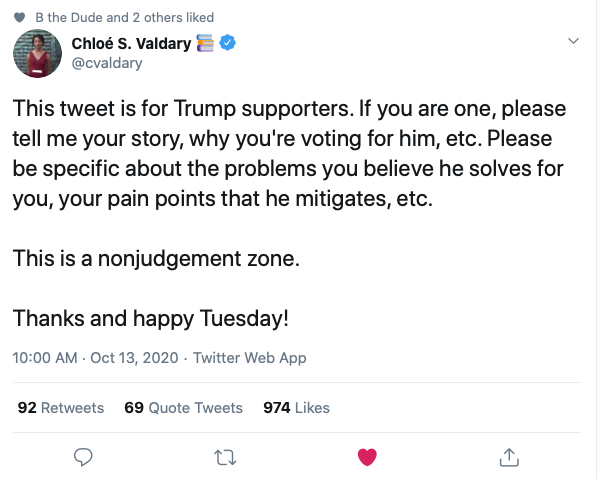Mayor Lyda Krewson on Friday abruptly ended the city’s exploration of privatizing operations at St. Louis Lambert International Airport, citing criticism from residents, business leaders and other elected officials. “They have expressed serious concerns and trepidation about the process, and about the possibility that a private entity might operate the airport,” Krewson said in a letter to members of a city committee weighing privatization.
Big money didn't win this time, but it took a huge village of people who are not motivated by money. Today's events proved that bad ideas + lots of money = bad ideas. I was out of town today, but got back to the city just in time to join the celebration at Yaquis on Cherokee. It was a good time for a photo with my hero, Cara Spencer, who is right on the issues, time after time, and who will fight the fight whenever necessary, with the help of hundreds of dedicated people who go above and beyond because they recognize her for the treasure she is. I don't know the next big challenge for Alderwoman Spencer, but I am certain that she will take the side of her constituents.
Another hero is Tony Messenger, reporter for the St. Louis Post-Dispatch. On this web page to the Lambert Airport Sunshine Law website that I recently created, I have listed only some of the articles Messenger wrote regarding the effort to privatize. He recognized the problems from the beginning and wrote his articles with a laser beam. There's no doubt that his efforts allowed many others to coordinate their energy against privatization.
Someday, we might know what caused today's death of the airport privatization effort. My best guess is that this deal had such a pervasive multi-faceted stench that it collapsed under various ongoing pressures to expose the details of the process, including the sunshine lawsuit filed by Mark Pedroli. There was a lot to hate about this privatization effort, including the warped incentive structure of the contract with the "Working Group," the apparent self-interested motives of the various players, the sham public hearings and the pie-in-the sky promises of magic wealth-production made by the "Working Group."

All of this must be viewed in the following critical context: the current airport commission, led by Rhonda Hamm-Niebruegge, has been doing a fantastic job by any metric imaginable. Tonight is a night to celebrate, because the good guys won. Big money failed to completely twist local government to serve its profit-driven whims. The dark lining on this silver cloud is that big money got as far as it got and that it took so much work by so many people to put the brakes on the process.


